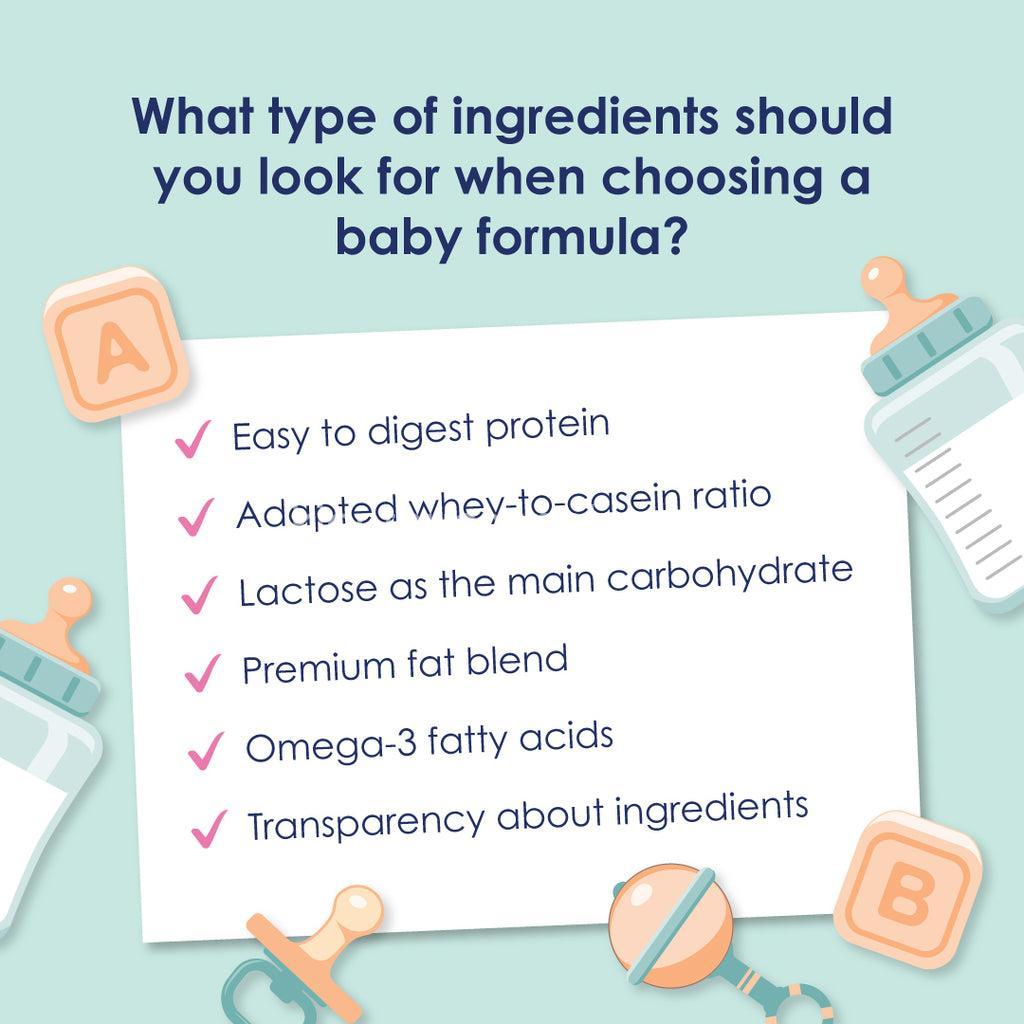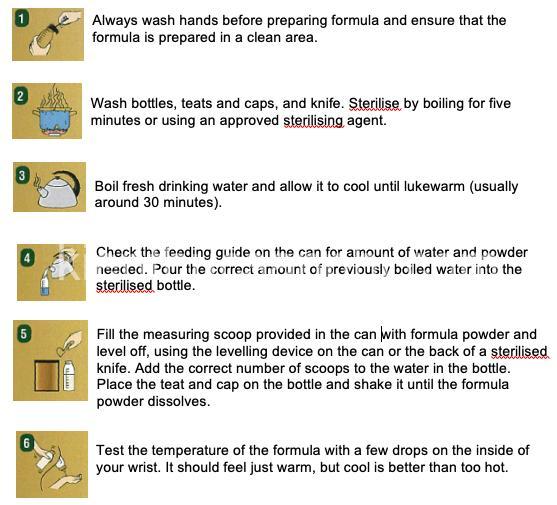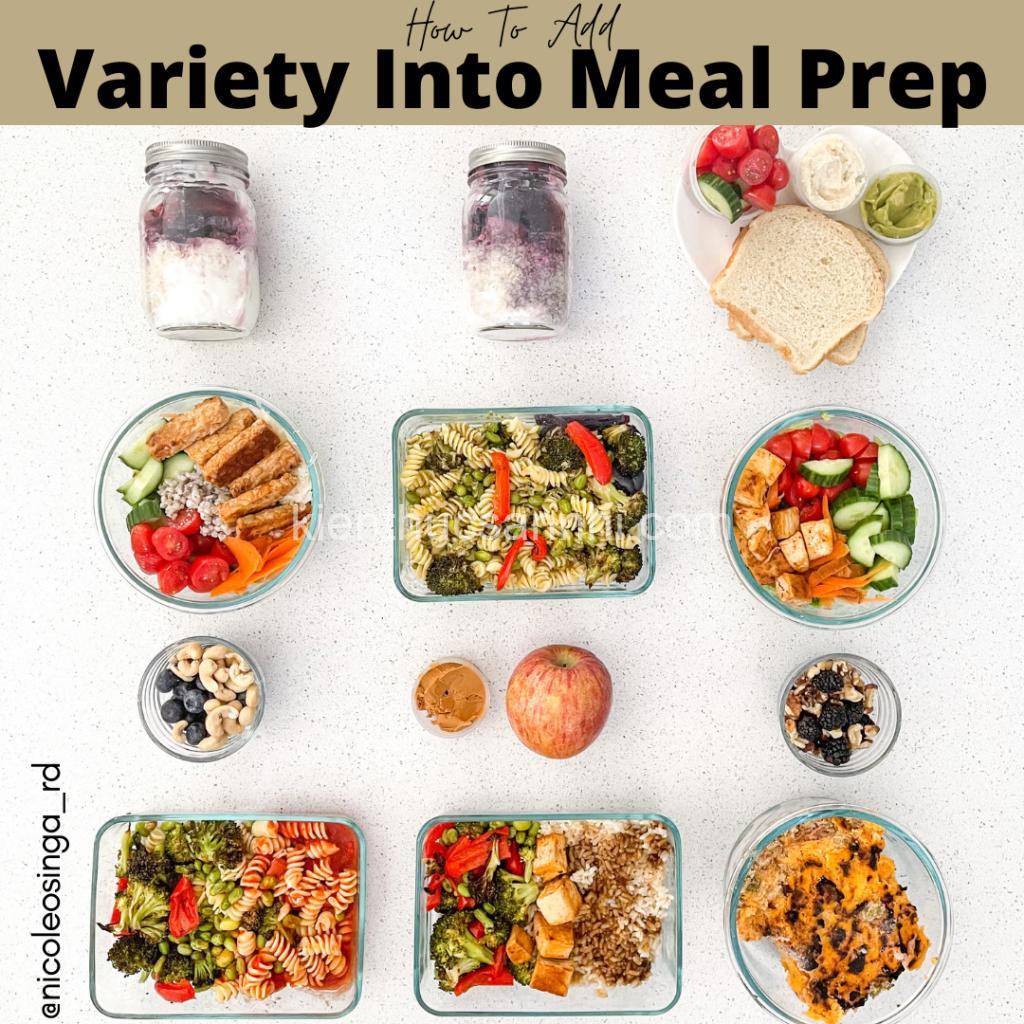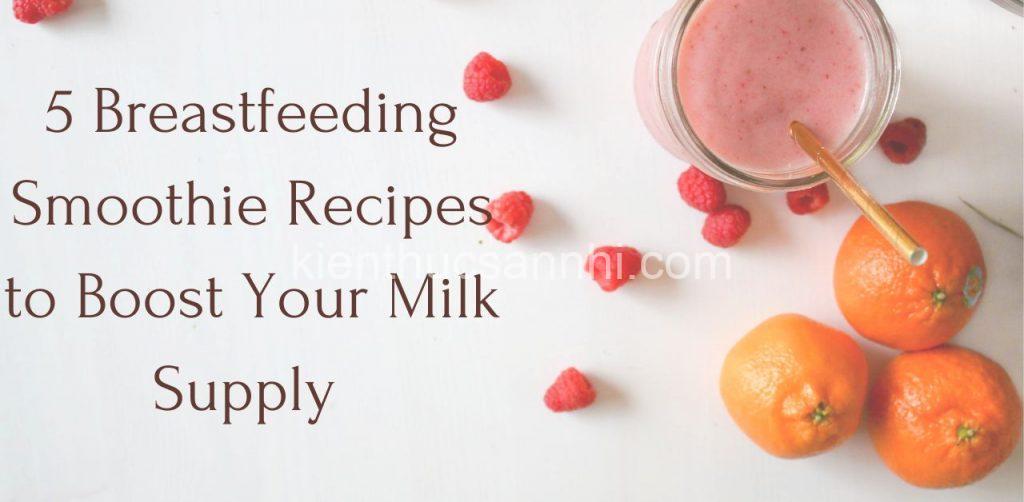
Choosing Infant Formula: Experienced Parents’ Advice. In today’s article, kienthucsannhi.com will explore with you in the most detailed and complete way. See now!
Understanding Your Baby’s Needs: The Foundation of Formula Choice
Allergies and Sensitivities: The first step in choosing infant formula is understanding your baby’s individual needs. Many babies experience allergies and sensitivities, such as lactose intolerance, cow’s milk protein allergy, or soy allergy. It’s essential to identify these issues early on to choose the right formula that caters to your baby’s needs. If you notice signs of allergies, like rashes, vomiting, or diarrhea, it’s crucial to consult your pediatrician. They can help you determine the cause and recommend the best formula for your little one.
Digestive Issues: Many infants experience digestive issues like colic, reflux, and constipation. These can be uncomfortable for babies and stressful for parents. Fortunately, certain formulas are designed to help alleviate these problems. Formulas with partially hydrolyzed proteins or prebiotics can be easier to digest.
Growth and Development: You want to ensure your baby gets the proper nutrition for optimal growth and development. Infant formulas are carefully formulated to provide the essential nutrients your baby needs, like protein, carbohydrates, fats, vitamins, and minerals. However, remember that each baby is unique, and their individual needs may vary. Consult your pediatrician to ensure your baby is getting enough of these essential nutrients.
Individual Preferences: Just like adults, babies can have individual preferences for taste and texture. While many babies readily accept formula, some might be pickier. Experienced parents recommend trying different formulas if your baby seems hesitant to accept one. Sometimes, it’s just a matter of finding the right flavor or consistency.

Types of Infant Formula: Navigating the Options
Cow’s Milk-Based Formula: The most common type of formula is cow’s milk-based formula. There are several variations, including standard, partially hydrolyzed, and extensively hydrolyzed. The difference lies in the breakdown of the protein. Standard formula has intact proteins, while partially hydrolyzed formula has proteins broken down into smaller pieces, making them easier to digest for babies with sensitive stomachs. Extensively hydrolyzed formula breaks down proteins even further, making it suitable for babies with severe allergies.
Soy-Based Formula: Soy-based formula is an excellent option for babies with cow’s milk allergies. However, it’s crucial to note that some babies may also be allergic to soy. Soy formula is made from soybeans, and it’s a good source of protein and essential nutrients. However, it might not be suitable for babies with soy allergies or other dietary restrictions.
Goat’s Milk-Based Formula: Goat’s milk-based formula has recently gained popularity, with some parents believing it’s easier to digest than cow’s milk formula. While goat’s milk is generally considered hypoallergenic, it’s important to consult your pediatrician before switching your baby to this type of formula.
Specialized Formulas: There are also specialized formulas designed for infants with specific needs. Hydrolyzed formulas are excellent for babies with sensitive stomachs or allergies. They break down proteins into smaller peptides, making them easier to digest. Premature infant formulas are specifically designed for infants born prematurely, providing them with the extra nutrients they need for catch-up growth.
Prioritizing Quality and Ingredients: Making Informed Choices
Whole Milk Protein: Look for formulas containing whole milk protein. This is important for your baby’s growth and development. It provides the essential amino acids they need to build muscle, bones, and tissues.
Essential Nutrients: It’s crucial to ensure the formula contains essential nutrients like DHA, ARA, and vitamins and minerals. These nutrients are essential for brain development, vision, and overall health.
Avoiding Additives and Artificial Ingredients: While many formula brands contain artificial ingredients and additives, try to choose formulas with minimal processing and natural ingredients. Look for formulas that are organic or non-GMO.
Cost and Availability: Balancing Practicality with Quality
Budget Considerations: The cost of infant formula can vary significantly between brands and types. You’ll want to find a balance between quality and affordability. It’s a good idea to compare prices and shop around for the best deal. Don’t be afraid to consider store brands and generic options, which can be just as good as premium brands.
Availability and Accessibility: When choosing infant formula, consider its availability in your area. Choose a formula that is readily available at your local grocery store or pharmacy. This will make it easier to stock up and ensure you don’t run out.
Coupons and Discounts: Don’t forget to check for coupons and discounts. Many formula brands offer promotions to help save money. You can find these coupons online, in magazines, or in store flyers.
Experiences and Recommendations: Seeking Guidance from the Community
Connect with Other Parents: Connecting with other parents is an excellent way to gather experiences and advice on choosing infant formula. Join online forums, support groups, or in-person meetups. Other parents can share their experiences, recommendations, and tips.
Professional Guidance: Always consult your pediatrician or a registered dietician for personalized advice and guidance. They can help you choose the right formula for your baby based on their individual needs and health history.
Trust Your Instincts: Remember that choosing infant formula can be a trial and error process. Don’t be afraid to try different formulas until you find one that works best for your baby. Trust your instincts, observe your baby’s reactions, and don’t hesitate to ask for help from healthcare professionals.
Beyond the Formula: Building a Successful Feeding Routine
Establishing a Feeding Schedule: It’s important to establish a feeding schedule based on your baby’s age, weight, and hunger cues. Start with a routine, but be flexible and adjust as your baby grows and their needs change.
Creating a Calm and Comfortable Feeding Environment: Creating a calm and comfortable feeding environment is essential for successful feedings. Find a quiet, relaxed place where you can focus solely on feeding your baby.
Burping Techniques: Burping your baby during and after feedings is crucial to prevent gas and discomfort. Try different burping techniques to find what works best for your baby.
FAQs: Addressing Common Concerns
What are the most important factors to consider when choosing infant formula?
The most important factors are your baby’s individual needs, including allergies, sensitivities, and digestive issues. You should also consider the formula’s nutritional content, quality, cost, and availability.
Is one type of formula better than others?
There is no one “best” formula for every baby. The best formula for your baby depends on their individual needs and preferences.
What should I do if my baby is having trouble gaining weight?
If you’re concerned about your baby’s weight gain, consult your pediatrician. They can assess your baby’s growth and development and recommend the best course of action, which may include switching formulas.
Can I switch formulas if my baby doesn’t seem to like the one I’m currently using?
Yes, you can switch formulas if your baby isn’t tolerating the current one. Consult your pediatrician before making any changes.
How do I know if my baby is getting enough milk?
Your baby will show signs of being satisfied after feeding, like appearing calm and relaxed. They may also have fewer wet diapers and bowel movements. If you have concerns, talk to your pediatrician.
Conclusion:
Choosing the right infant formula can feel overwhelming, but with the right information and guidance, you can make a confident decision. Remember to trust your instincts, seek advice from experienced parents and healthcare professionals, and most importantly, enjoy the process of nurturing your little one. For more information on raising healthy and happy children, visit kienthucsannhi.com. You can also share your experiences and advice in the comments below!







